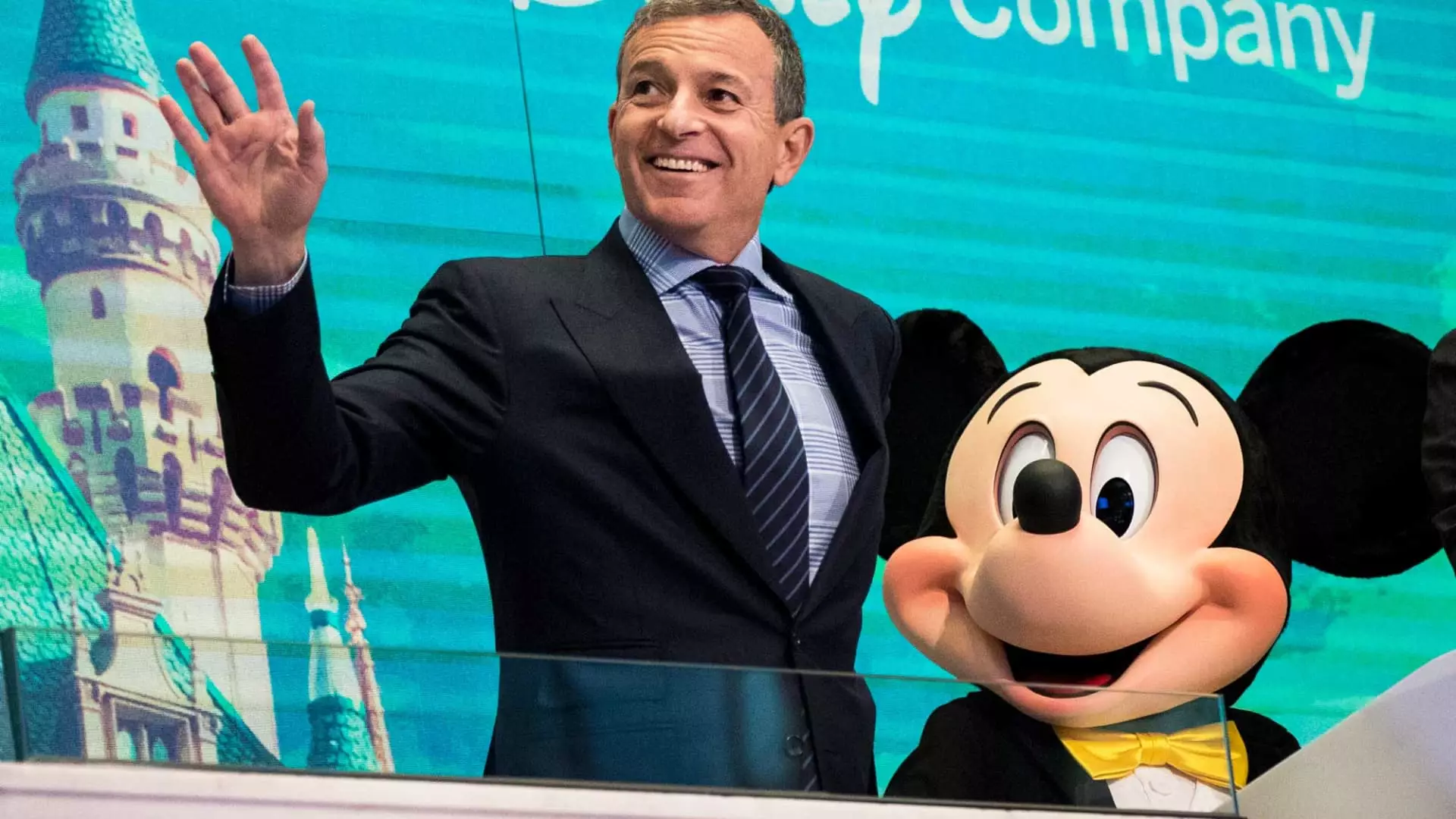Throughout years of television dominance, Disney has established itself as an entertainment giant. However, with the rise of streaming platforms and the decline of traditional TV, the company is contemplating selling off its media assets, including ABC and its owned affiliates, linear cable networks, and a minority stake in ESPN. This strategic move is not merely about financial gains but rather a clear signal to investors that Disney is ready for its next chapter in the streaming era.
Disney’s potential sale of ABC and linear cable networks is a bold message to the investment community that the era of traditional TV is over. As streaming becomes the future of entertainment, Disney aims to position itself as a leader in this evolving landscape. By divesting from its lower-growth businesses, Disney can focus on its strongest assets, including streaming services and theme parks.
Selling off media assets would not only help Disney decrease its leverage ratio but also offset the continued losses from its streaming businesses. Streaming platforms are undoubtedly the future of Disney, alongside its theme parks. Wells Fargo analyst Steven Cahall emphasizes that streaming is Disney’s strongest asset, and the company is keen on protecting and expanding it. By moving away from the declining linear business and finding a more logical operator for those assets, Disney intends to strengthen its position in the stock market.
Media companies, such as Nexstar and media mogul Byron Allen, have expressed interest in acquiring ABC and its affiliates. While offers are still preliminary, the potential valuation of these assets has significantly decreased over the years. Cahall estimates ABC and Disney’s owned affiliate networks to be worth around $4.5 billion, a vast difference from the $19 billion Disney paid for Capital Cities/ABC in 1995. Furthermore, ESPN, once valued at around $50 billion, is now seen as a “melting iceberg” with valuations ranging from $20 billion to $30 billion. Despite this decline, Disney intends to retain a majority stake in ESPN.
Disney’s most critical decision revolves around the future of the ABC network. While it can sell its owned and operated affiliate stations without disrupting the media industry’s trajectory, divesting the ABC network would symbolize Disney’s disbelief in the broadcast cable world’s future. However, Iger’s commitment to the sports business complicates matters. He views the sports business as a value proposition with the unique ability to engage audiences. Keeping a large broadcast network for major sports leagues is crucial, especially for future rights agreements and ESPN’s ability to secure future sports rights deals. Selling ABC may trigger renegotiations and potential threats to ESPN’s ownership.
Disney’s potential sale of declining assets may act as a catalyst for other legacy media companies, including NBCUniversal, Paramount Global, and Warner Bros. Discovery, to consider similar divestment strategies. These companies, too, have legacy broadcast and cable networks alongside their streaming services. If Disney succeeds in its endeavor and receives positive investor feedback, it may become a trendsetter and pave the way for a fundamental shift in the industry.
Disney’s contemplation of selling media assets signifies a strategic shift into the streaming era. Rather than solely focusing on financial gains, Disney aims to position itself as a leader in the evolving landscape of entertainment. By divesting from declining assets, the company can strengthen its leverage ratio, buffer streaming losses, and demonstrate its commitment to embracing the future of streaming. This potential move not only impacts Disney but also holds the potential to reshape the entire media industry.


Leave a Reply